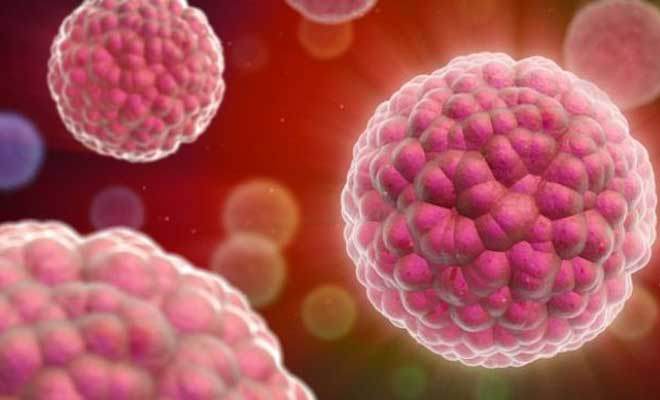Researchers report that a patient’s microbial diversity, even before they start cancer treatment, can be linked to risk of infection during induction chemotherapy.
The findings were presented at the 2015 Annual Interscience Conference on Antimicrobial Agents and Chemotherapy (ICAAC).
Jessica Galloway-Peña, PhD, University of Texas M. D. Anderson Cancer Center, Houston, Texas, and colleagues showed that disruption of the microbiome by illness or the administration of therapeutics can often lead to detrimental effects in a patient, particularly in immunocompromised patients with cancer who are at risk for infectious complications.
“We found the baseline microbial diversities from stool samples were significantly lower in patients that developed infections during chemotherapy compared with those that did not,” said Dr. Galloway-Peña. “Additionally, there is a significant decrease in oral and intestinal microbial diversity over the course of chemotherapy.”
On top of decreases in microbial diversity, the researchers observed that over the course of chemotherapy there was an increase in the presence of specific groups of microorganisms known to cause infection. In those cases, patients’ intestinal microbiomes would often be dominated by those classes of infectious agents. Patients that were able to maintain a healthy microbiome remained free from infections in the 90 days after chemotherapy.
Furthermore, it was found that carbapenems most significantly decreased microbial diversity.
“This study shows that in the future doctors could use microbiome sampling in order to predict the chance of infectious complications during chemotherapy, and that monitoring of a patient’s microbiome during induction chemotherapy could also predict their risk for microbial related illness during subsequent treatments,” said Dr. Galloway-Peña.
Monitoring of the microbiome could potentially mitigate the over use of antimicrobials by stratifying patients into low-risk and high-risk groups, as well as be used to predict on-coming infections. This could, in turn, improve the antibiotic resistance problem currently plaguing the medical field.







